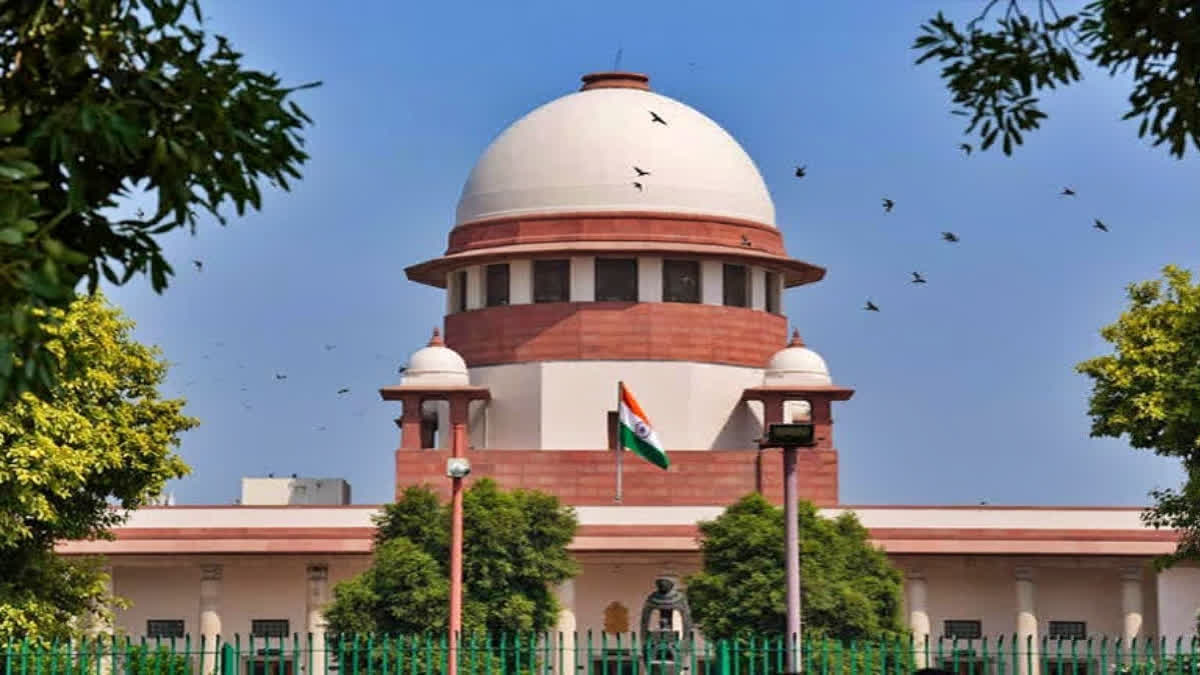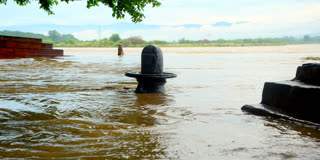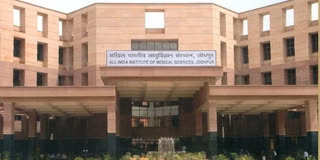Difficult to say Article 370 can never be abrogated, J&K’s sovereignty completely ceded to India: SC
A five-judge constitution bench headed by the Chief Justice of India and comprising justices S K Kaul, Sanjiv Khanna, B R Gavai, and Surya Kant, is hearing a batch of petitions challenging the abrogation of Article 370, which bestowed special status on the erstwhile state of Jammu and Kashmir. -- Reports ETV Bharat's Sumit Saxena.

New Delhi: The Supreme Court Thursday said that Jammu and Kashmir’s sovereignty was "completely ceded" to the Union of India and there are various shades of concurrence in the Constitution but it does not affect the sovereignty of the Union. The top court also orally remarked that it is difficult to say that Article 370 can never be abrogated.
A five-judge constitution bench headed by the Chief Justice of India and comprising justices S K Kaul, Sanjiv Khanna, B R Gavai, and Surya Kant, is hearing a batch of petitions challenging the abrogation of Article 370, which bestowed special status on the erstwhile state of Jammu and Kashmir. The bench told senior advocate Zafar Shah, representing one of the petitioners, that Article 1 of the Constitution says that India shall be a 'Union of States' and that it includes the State of Jammu and Kashmir, therefore the sovereignty was complete.
The Chief Justice said: "There was no conditional surrender of sovereignty to the dominion of India. The surrender of sovereignty was absolutely complete. Once the sovereignty truly vested with the Union of India, then only restraint which would apply is on the power of Parliament to enact legislation, few restrictions which remain….”.
The Chief Justice said in the Constitution application order of 1972, there is a very interesting provision which comes in 1972, when Article 248 was amended in relation to its application to state J&K and 248 was substituted (which provides for residuary powers of legislation with respect to all other states).
The Chief Justice said, “Now it says Parliament has exclusive power to make any law with prevention of activities directed towards disclaiming, questioning, or disrupting the sovereignty and territorial integrity of India. Therefore, the order of 1972 makes it….beyond the pale of doubt that sovereignty vested exclusively in India. Therefore, no vestige of sovereignty was retained post the Instrument of Accession”.
The bench said Article 248 now applies, as it is applicable to J&K immediately before August 5, 2019, and contains an absolutely clear and unequivocal acceptance of the sovereignty of India. Justice Khanna queried Shah, what is superior, the Constitution of India (or J&K Constitution)? Shah replied, of course, the Indian Constitution.
The Chief Justice said “Take a case of an Indian state apart from J&K, there are restraints in the power of Parliament to enact laws…..even today Parliament can’t enact a law on the State List….these restraints in the power of Parliament are equally consistent with the sovereignty of all the other Indian states vesting in the dominion of India…see the distribution of legislative powers does not affect the sovereignty vests in India. There are certain areas where Parliament cannot touch something which relates to State List item…”.
The bench said merely Parliament is completely disabled from touching a State List item while enacting a law, does it detract from the fact that all these states ceded sovereignty to the dominion of India? The Chief Justice said, “There are other fetters on the Parliament. GST, which is another fetter….these are all fetters which do not dilute sovereignty….cannot read post Article 370 Constitution as somehow a document which retains some element of sovereignty in J&K….”.
Shah said: "I am claiming the state's right not to apply any law of the Parliament unless I do not concur with that." The Chief Justice observed that concurrence is not something unique only to the relationship of the Union with J&K and there are various shades of concurrence required in the Constitution and that it does not affect the sovereignty of the Union, these are fetters.
The Chief Justice said, “Article 246 has completely redefined our notions of sovereignty…states have given a vital role in financial matters, Parliament can do nothing unless there is a requisite majority in GST council…one thing is clear, sovereignty was ceded completely to the Union of India”.
At the beginning of the hearing, Shah contended that the genesis of framing the Constitution of J&K is rooted in the nature of the Instrument of Accession (IOA) as well as the Proclamation of 1948. He said that is why there was a Constitution for the State and the residual power of the Maharaja came to be subsumed by Article 370.
Shah stressed that concurrence is used in Article 370 instead of consultation and both parties have to agree, and J&K has constitutional autonomy, laws cannot be made without concurrence. Shah submitted that J&K has constitutional autonomy which stems from the IOA and Article 370 of the Constitution.
Justice Kaul asked did Article 370 become permanent because the machinery equipped to abrogate it was not in existence anymore? The bench said orally that it is difficult to say that Article 370 can never be abrogated. Justice Kaul asked Shah, what happens to Article 370 in a scenario if the J&K State itself wants all provisions of the Indian Constitution to apply. Justice Kaul said, “does it not all come down to one thing that the process followed was flawed or not?” The hearing in the matter will continue after lunch.






